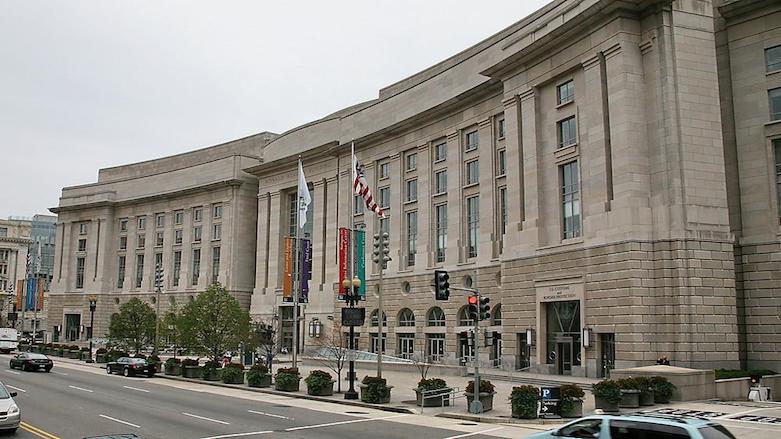Wilson Center Expert: US wrong to reject Kurdistan referendum

WASHINGTON DC, United States (Kurdistan 24) – Dr. Marina Ottaway, a Middle East expert at the Woodrow Wilson International Center for Scholars, strongly criticized the way the US has dealt with the Kurdistan Region’s independence referendum.
In a Wilson Center article, entitled, “United States Policy and the Kurdistan Referendum: Compounding the Problem,” which was published on Thursday, Ottaway writes, “The US policy of rejecting the referendum as forcefully as it did [is] bad policy.”
“Worse, the US warning that the referendum will hamper the war” against the Islamic State (IS) and “create conflict with neighboring countries” is becoming “a self-fulfilling prophecy.”
The Wilson Center, named for President Woodrow Wilson, is part of the Smithsonian Institution—a set of research institutes and museums, supported by the US government. The fellows of the Wilson Center are generally highly respected in their fields.
As Ottaway notes, independence has long been a Kurdish objective, and “it would be foolish to expect that the Kurds will give up a goal that they have pursued for several generations, no matter the level of international condemnation.”
The US is under no obligation to support Kurdistan’s independence, she says, despite the key role the Peshmerga have played in fighting IS. “US policy must be based on US interests.”
“By rejecting the referendum in an uncompromising and inflammatory manner,” however, the US “is working against its own interests,” Ottaway writes.
“It is not bringing the Kurdish issue closer to solution, but is instead contributing to the strife that will certainly follow” the defeat of IS.
“Washington has warned that the referendum will hamper” the fight against IS, “but it has also ensured such an outcome.”
One example Ottaway uses to support that remarkable statement is the different US approaches toward Erbil and Baghdad.
Washington “pressured Erbil to renounce the [independence] referendum and enter into negotiations with Baghdad, but did not pressure Baghdad to do the same,” she notes.
The US has taken sides when it should be an honest broker.
A second example of US bias, according to Ottaway, involves Article 140 of Iraq’s constitution. Article 140 required Baghdad to hold a referendum in the disputed territories—areas that were subject to Saddam Hussein’s Arabization program, including Kirkuk—to determine their future.
That referendum was supposed to be held by 2007, but no such vote ever occurred. Washington condemned the just-completed Kurdish referendum, Ottaway notes, but it has said nothing about implementing Article 140, “undermining [its] concern for constitutionality.”
Indeed, “Washington created a self-fulfilling prophecy with its warning that the referendum would increase tensions with Turkey, Iran, and Syria.”
Each step those parties have taken against the Kurdistan Region, including the termination of flights and the closing of borders, has been received by the US “with a kind of ‘we told you so’ shrug rather than a warning about the need for restraint.”
The long-experienced scholar advises that the US interest in Iraq now “should be to see the country settle down in some fashion; it should not be to impose a particular solution it cannot enforce.”
Ottaway notes the US could have a “positive impact,” if it adopted an appropriate policy, “because Kurds are the most pro-American segment of the Iraqi population.”
“Desirable or not, the referendum is a fait accompli,” she concludes. “The challenge now is to decrease rather than aggravate the tensions it has caused.”
Editing by Karzan Sulaivany
